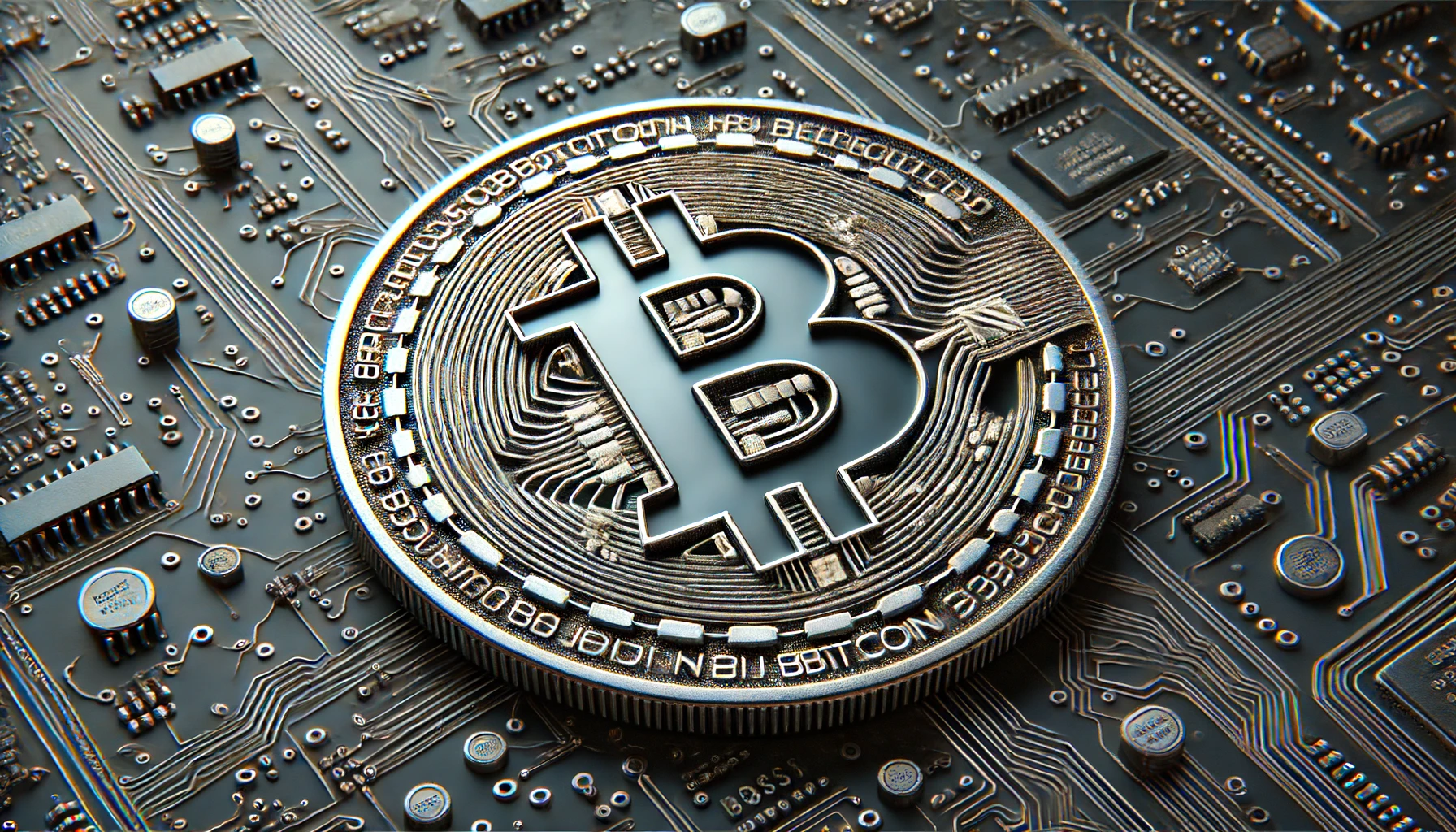Cointelegraph’s Elisha Owusu Akyaw interviews Bluzelle CEO Pavel Bains about decentralized physical infrastructure networks (DePINs), their benefits, and their growing importance.
Points
- DePINs distribute internet infrastructure ownership and control.
- Enhanced redundancy and security through decentralized storage.
- Bluzelle uses IPFS for decentralized data replication.
- Sustainable incentive models are crucial for Web3 projects.
In this episode of Hashing It Out, Cointelegraph’s Elisha Owusu Akyaw interviews Pavel Bains, CEO of Bluzelle, a decentralized storage network. Bains explains the concept of decentralized physical infrastructure networks (DePINs), which distribute internet infrastructure ownership and control, emphasizing the growing interest in DePINs due to their easy-to-understand use case and the need for better security, lower costs, and improved backups.
DePIN for Enhanced Redundancy and Security
Bluzelle, built on top of the InterPlanetary File System (IPFS), offers a decentralized storage solution that replicates data across multiple nodes for enhanced redundancy and security. Bains highlights the importance of storage in the DePIN ecosystem, noting the rapidly growing demand for data storage. He also discusses the role of artificial intelligence (AI) in managing data storage, particularly in optimizing edge caching for faster content delivery.
The conversation also touches on the importance of incentives in the Web3 space. Bains emphasizes the need for sustainable incentive models that benefit both the project and the users. He contrasts this with short-term speculative approaches and highlights Bluzelle’s token-based incentive system for storage providers.
解説
- DePINs are crucial for distributing ownership and control of internet infrastructure, providing enhanced security and redundancy.
- The integration of AI in data management can significantly improve storage efficiency and content delivery.
- Sustainable incentive models are essential for the long-term success of Web3 projects, ensuring alignment between project goals and user benefits.
